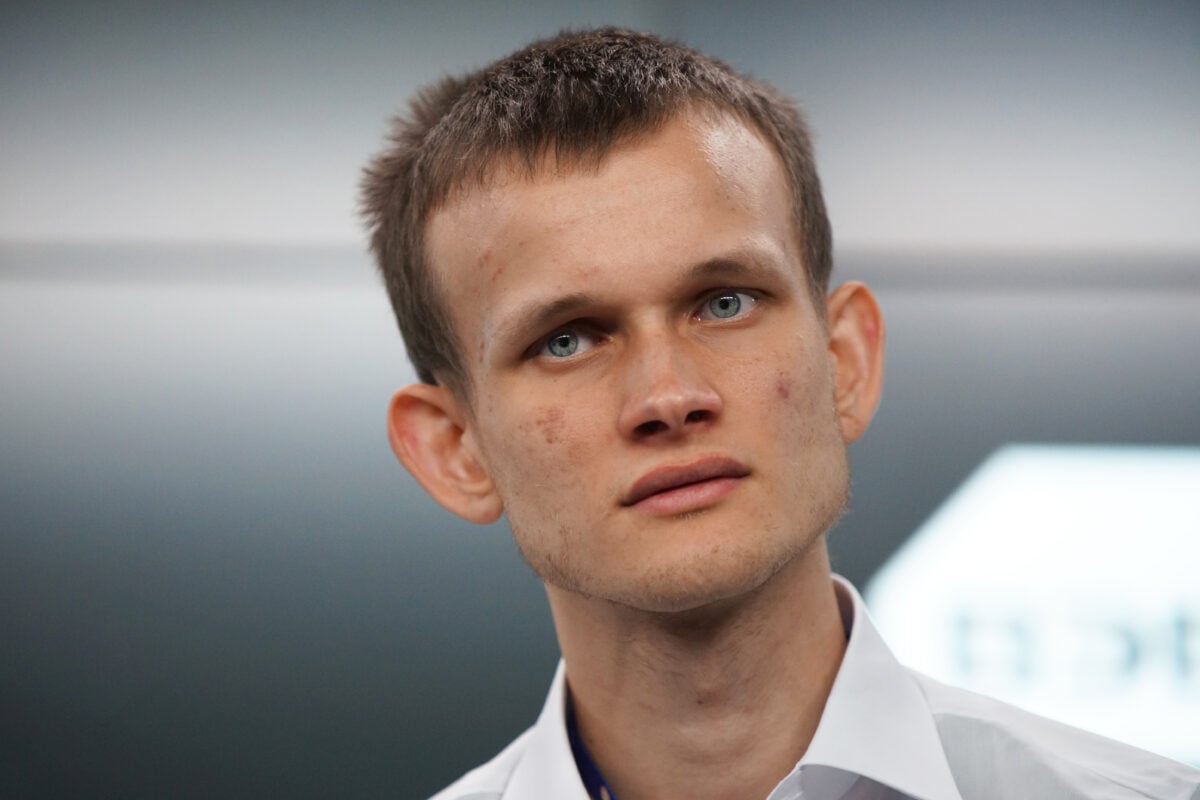TLDR
- Vitalik is advocating for the use of zero-knowledge anonymous voting in governance.
- He emphasized that protecting the identities of judges and lawmakers is necessary to prevent violence.
- His comments followed an arson attack on Judge Diane Goodstein’s home after a controversial ruling.
- Vitalik believes zk voting systems can verify voter eligibility without exposing their identities.
- He also supports secret ballots in global organizations, such as the United Nations.
A recent arson incident targeting a U.S. judge has reignited discussions about anonymous governance. Ethereum co-founder Vitalik is now pushing for zero-knowledge (zk) anonymous voting. He claims such systems protect lawmakers from violent retaliation while enabling safer governance decisions.
zk Voting as a Shield for Public Officials
Vitalik responded to an attack on South Carolina judge Diane Goodstein’s home. Her house was set on fire after she received repeated threats. She had earlier ruled against federal access to voter data.
IMO UN resolution votes should be secret ballot.
Each country can choose (and replace) their own representative, but once the choice is made, what the representative does is up to their own conscience.
Less "pressuring" by great powers, more seeing how people really think. pic.twitter.com/2FoVA8SNbP
— vitalik.eth (@VitalikButerin) May 21, 2025
This ruling was later overturned, but the threats continued. Vitalik used the event to call for stronger protections. He insisted that judges and public officials must be shielded from external pressure.
He emphasized,
“The function of a judge is to rule according to facts and conscience, not to be ‘accountable’ to violent mobs.”
His comment reflects a growing concern about rising violence against decision-makers. For this reason, Vitalik proposes zk systems that make voting records anonymous.
Blockchain and Zero-Knowledge Proofs in Governance
Vitalik believes that zk voting can secure democratic processes. These systems verify a voter’s eligibility without revealing identity or vote choice. They use cryptographic proofs such as zk-SNARKs for privacy.
In a Farcaster post, Vitalik explained that technology could prevent manipulation and violent reactions. “We’ll see such ideas enter the Overton window more,” he wrote. He pointed to the increasing risks of retaliation, even from foreign actors.
Vitalik has long supported zero-knowledge tech in governance. He previously backed anonymous UN General Assembly votes. He argues that this setup allows representatives to vote freely and follow their own conscience.
Vitalik also mentioned zero-knowledge reputation systems. These enable individuals to demonstrate their qualifications without disclosing sensitive information. He states that privacy in identity management is crucial for secure participation in governance.
Global and Local Support for zk Voting Solutions
Other countries are exploring similar tools. In Georgia, the opposition deployed Rarimo’s Freedom Tool to protect voter privacy. The app barred governments and third parties from tracking voter activity.
In the U.S., a New York assemblyman filed a bill in April 2025. It proposed blockchain use for voter data protection. Vitalik pointed to these efforts as evidence of growing acceptance.
Projects like Distributed Anonymous e-Voting use zk-SNARKs and Merkle trees. These ensure voter privacy and proof of eligibility without exposing identities. Such systems could transform how democratic votes are conducted.






